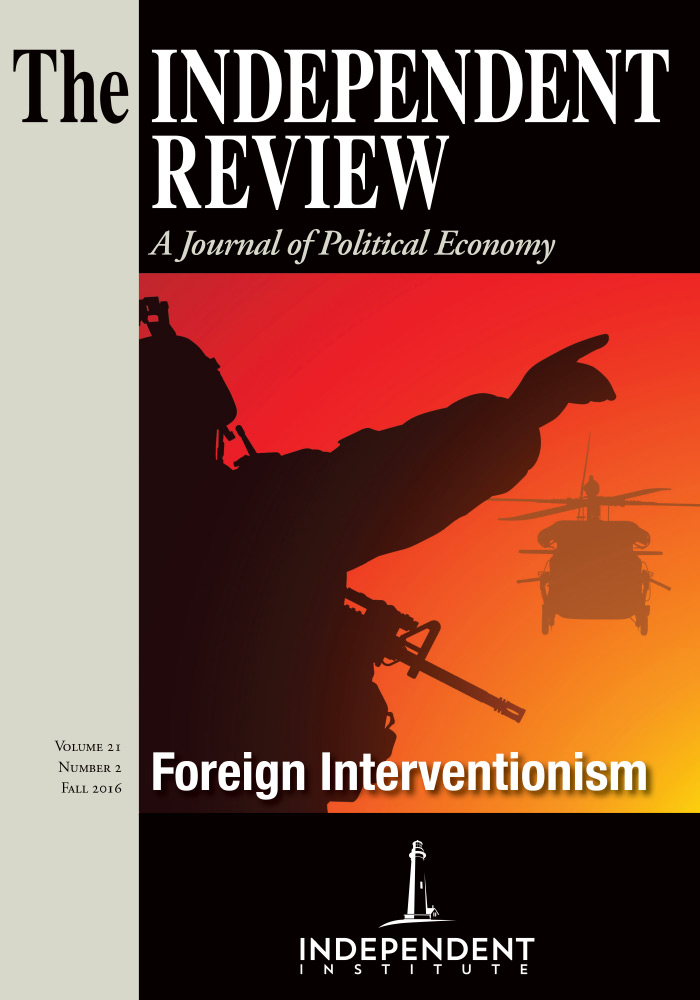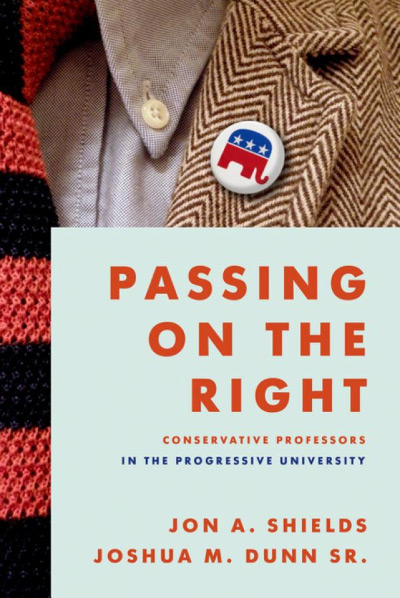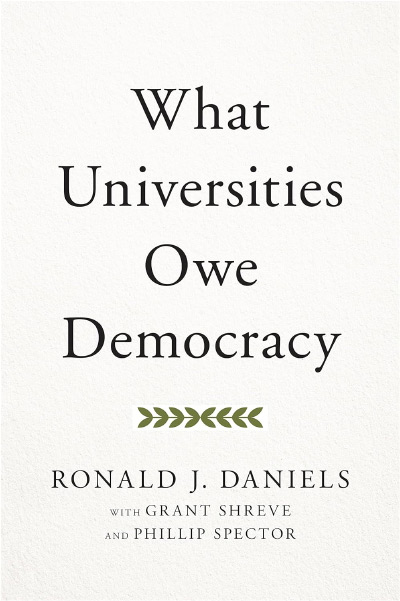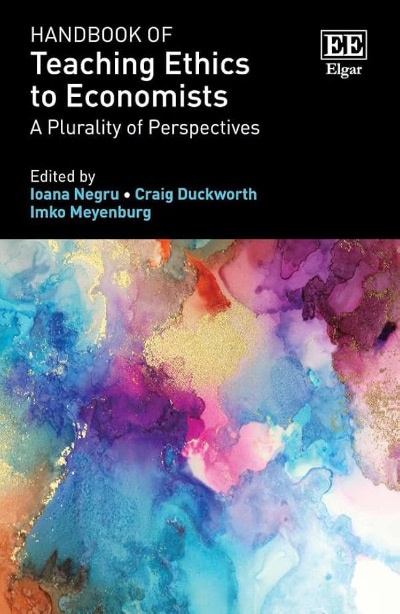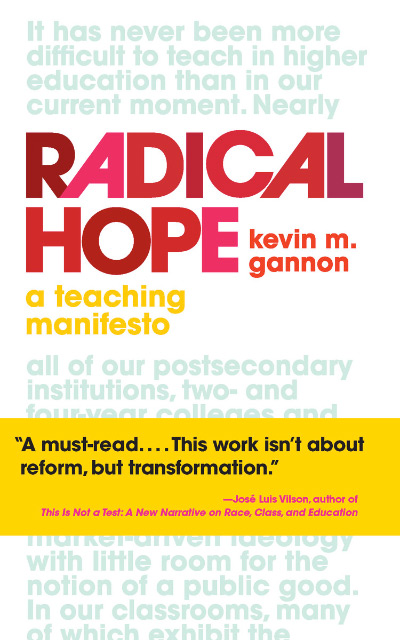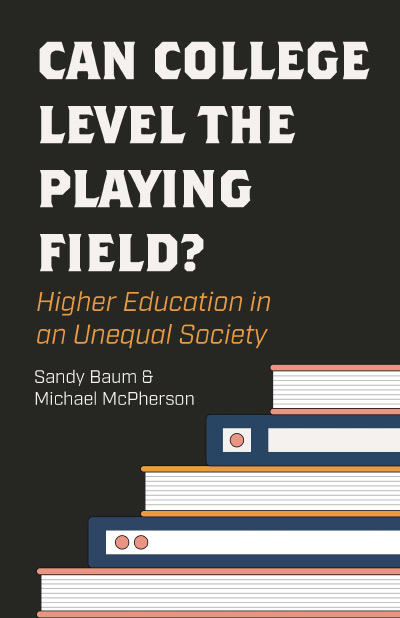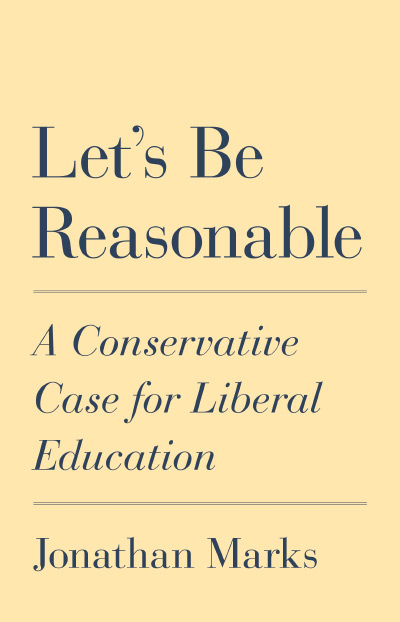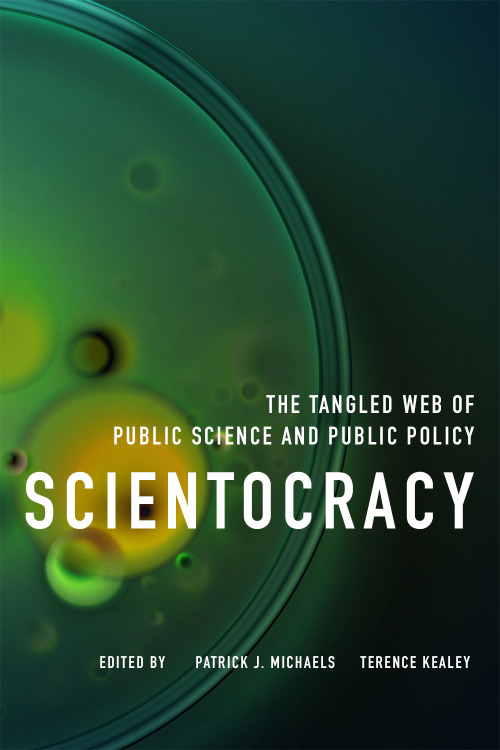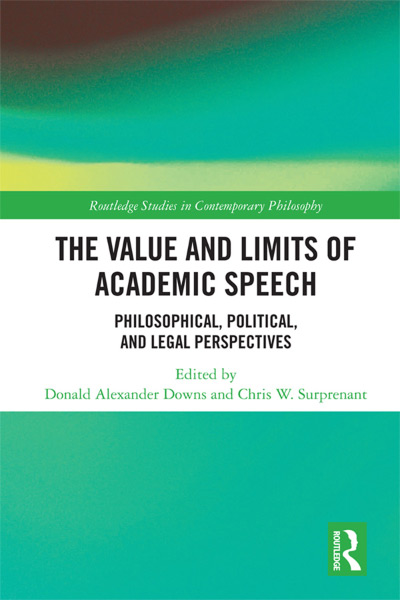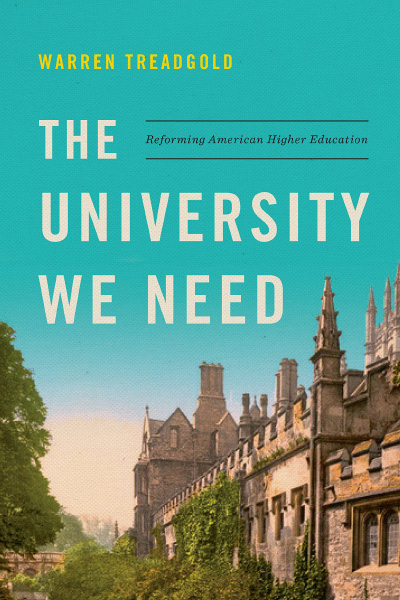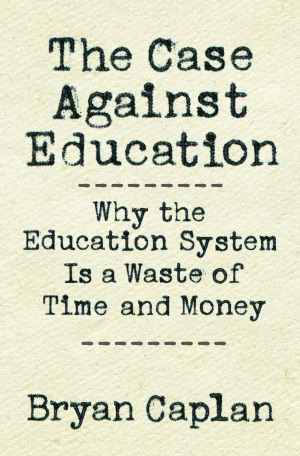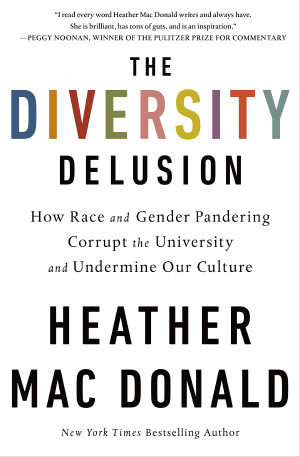What’s it like being a conservative or libertarian professor in the American academy today? Many readers of The Independent Review can answer this question from first-hand experience, while others can sympathize. But in Jon Shields and Joshua Dunn’s telling, the experience differs greatly from individual to individual – and the need for sympathy isn’t quite as great as it often seems.
Shields and Dunn answer the question in a remarkably direct manner. They conducted in-person interviews with 153 college professors in six disciplines in the social sciences and humanities – economics, political science, sociology, history, philosophy, and literature – working in 84 universities around the country. The interviews typically lasted an hour or more and are supplemented by results from a questionnaire. Their principal finding is that these conservative and libertarian faculty members are generally tolerated where they are, although about a third concealed their politics prior to tenure and a few do so afterward too. The libertarians (about one-third of their sample) encounter the least resistance, but the welcome is frostier for social conservatives who encounter massive “no go zones” – courting trouble if they voice views on certain subjects, especially on religion, marriage, family, abortion, and sexuality.
Shields and Dunn seem to favor the view that sees conservatism as a “coalition against liberalism [i.e. modern liberalism, not classical liberalism] rather than as an ideology” (p. 19) and discover that many on the right started on the left and the majority have become more conservative over time. What triggered the move to the right? For many it began with course work in economics – especially the ordinary principles of microeconomics course. Others were simply repelled by campus liberals. Most seem to be characterized by a set of core values summarized by Jonathan Haidt (p. 67-68), which contends that 1) “people are inherently imperfect and are prone to act badly when all constraints and accountability are removed”; 2) “our reasoning is flawed and prone to overconfidence, so it’s dangerous to construct theories based on pure reason, unconstrained by intuition and historical experience”; and 3) “institutions gradually emerge as social facts, which we then respect and even sacralize, but if we strip these institutions of authority and treat them as arbitrary contrivances ... we render them less effective ... [and] expose ourselves to increased anomie and social disorder.”
Why are there so few in academia who hold these views? Shields and Dunn note that some of the massive ideological imbalance is due to a selection effect – liberals are far more attracted to academia and likely to enter Ph.D. programs than conservatives. But they also demonstrate significant bias in hiring and promotion from the incumbent liberals who want to keep conservatives locked out. At its worst, the left sees conservative ideas as “a disease of the political mind” and contend that social scientists must be able to “visualize a state of human affairs radically different from that of today ... [with] analytical minds which do not automatically accept cultural beliefs” (p. 64), something conservatives can’t do. (Must they? Can’t they? Is there a single American who lacks these abilities?) Often the bias is much subtler, but bias there clearly is. Bias in labor markets? Conservatives are quick to debunk sweeping claims of labor market discrimination, noting that employers who practice discrimination will earn fewer profits, as Gary Becker argued. But academia is the exception that proves the rule. There’s no bottom line in academia – and hiring committees are given great discretion so that they can discriminate all they want with little to no penalty to themselves or the administrators to whom they report.
Conservative academics know this, so they routinely fly below radar and the most interesting parts of Passing on the Right are about attempts by those on the right to “pass.” Recall that fully one-third of the respondents report concealing their politics prior to tenure. Here, the authors are perhaps too gentle in echoing a claim that “when a typical department offers an applicant an interview, it knows little more than the candidate’s gender, educational history, and publication record. But it has no idea about ideological affiliation unless the candidate deliberately brings it up in conversation” (p. 70). My take is that this can only happen when those on the hiring end simply assume (perhaps from experience) that everyone who applies for employment will fit their mold or when they are out of their depths in unusual hiring waters. Both are rarities. Academics are hypersensitive to even subtle political differences and spend much time and effort to discover them.
My own experience may be instructive. My first academic job was in a history department. The department was looking for someone to teach a quantitative history course, which opened them to hiring an economist – and this was strange territory for them. As was recounted to me later, the other two candidates considered for the job were business historians. Many department members were appalled that these two had the stench of business archives all about them – surely they must have caught something wading around all those years among the records their corporate masters deigned they could examine. On the other hand, I spoke with innocent numbers, which came mainly from government sources. I consciously flew below the radar, included an anecdote in my job talk about my working-class grandfather, and kept my lips buttoned when the conversation at lunch turned to politics. Months later, when I arrived on campus, having no intention of staying in the department more than a few years, I opened up about my support of the free market. The reaction was one of mild shock, but also of amusement, when the mistake dawned on them. There was no noticeable ill will. The people in this department just weren’t like that – even the kind-hearted colleague who once explained that deep at heart she was just an old-fashioned Stalinist. The grapevine said that three renegade members of the department hadn’t voted for Michael Dukakis that year. But, most people were OK with it. Three people among the 35 or so in the department wasn’t a threat – and I was given only a little pushback, after all I’m an economist and they apparently come from another planet. The other two had excuses too – one studied the Cold War, the other was related to a prominent Republican official. Interestingly, when I asked for permission to teach a class in the historical roots of contemporary economic problems and the Department of Economics objected, the Department of History protected its turf by backing me up – and one colleague acknowledged the irony that the econ department would never have objected if they had known my point of view, without acknowledging that they themselves would undoubtedly have objected if I wasn’t one of their own.
In fact, only about half of those interviewed say they think they would have been hired in their first tenure-track position if their political views had been well known to the department (the rest say “No” or “Hard to Say”). Close to half report engaging in some sort of self-censorship and about half of the twenty-five to forty-four year old cohort report concealing their politics prior to tenure. The reality may be even worse, since Shields and Dunn’s sample must omit those who do the most to conceal themselves and those that never got a foothold in academia because of the biases. The big exception is in economics, where only one of twenty-eight report concealing their politics prior to tenure. Conservative economists, it seems, sit in the cat bird’s seat. Many of the conservative academics report that after they find a toehold, they are often stuck in a monopsony market – and, therefore, are paid less because they don’t receive outside offers. Again, this isn’t much of an issue for economists on the right.
The authors speculate that the right-wing critique of the university is somewhat overdrawn, even though they recount several “quite troubling, even shocking” abuses (p. 7). They fear that these critiques may backfire by scaring conservatives away from the academy, but conclude that there’s not a lot that can be done to remedy the problem. And it is a problem, but not primarily because many students drown in the sea of liberalism. Shields and Dunn conclude that there’s little actual successful indoctrination in our colleges and universities (perhaps because students sense that professors don’t really care about students and spend so little time with them), but explain that the one-sidedness of academia means crimes of omission – missing civil debates, missing perspectives, missing mentors, and missing reality checks make it harder to weigh and sift ideas in the pursuit of truth. Neither left nor right has a monopoly on truth. Debate and sharing of ideas is needed to discover it – and this is the loss when those on the right are excluded.
ROBERT M. WHAPLES Wake Forest University
| Other Independent Review articles by Robert M. Whaples | ||
| Winter 2024/25 | Character in the American Experience: An Unruly People | |
| Winter 2024/25 | Slow Burn: The Hidden Costs of a Warming World | |
| Winter 2024/25 | Richer and More Equal: A New History of Wealth in the West | |
| [View All (102)] | ||

